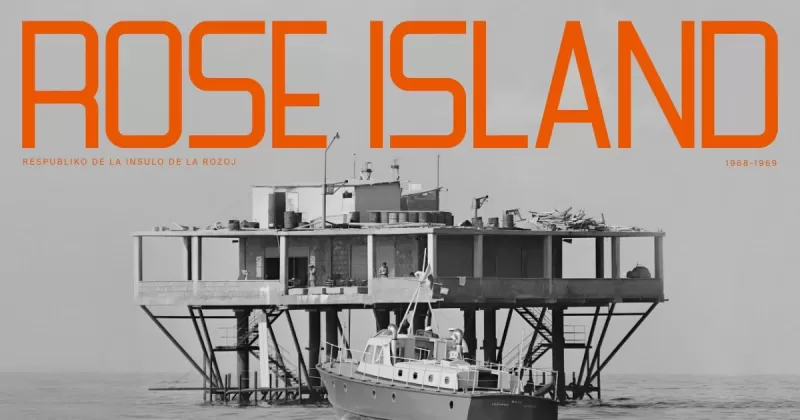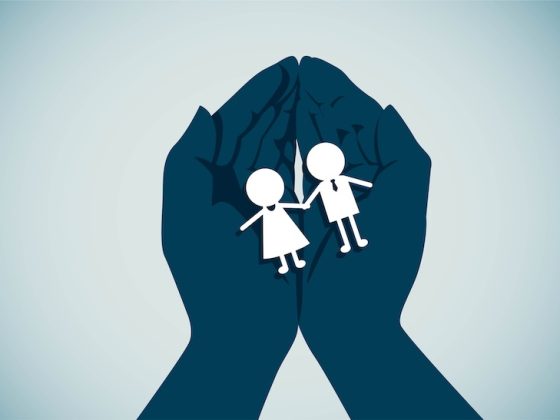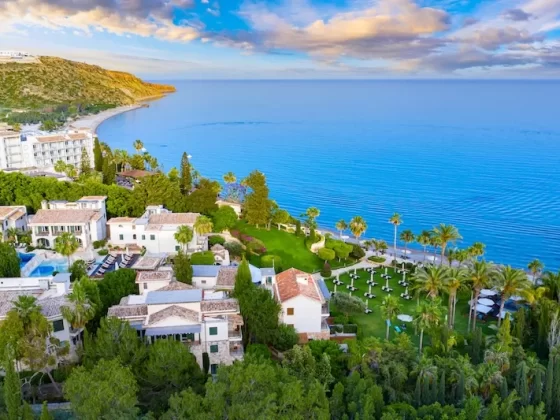Ah, the 1960s. A time of peace, love, and…floating island states? That’s right, while the rest of the world was busy protesting wars and exploring space, a quirky Italian engineer named Giorgio Rosa was busy creating his own nation—the Republic of Rose Island.
Nestled in the Adriatic off the coast of northern Italy, this short-lived utopia blended a bohemian ethos with engineering innovation, a testament to the adage: “If you don’t like the system, build your own.”
The Man Behind the Madness
Let’s start with Giorgio Rosa, the mastermind behind this audacious adventure. Rosa wasn’t your average engineer. Born in 1925 in Bologna, he had a penchant for thinking outside the box—or, more accurately, outside the landmass.
A lover of freedom and innovation, Rosa dreamed of a place unburdened by the pesky rules and regulations of traditional governments. You know, taxes, permits, and all that bureaucratic jazz.
So what did Rosa do? He didn’t just complain about society over espresso and cigarettes. In 1957, he rolled up his sleeves, gathered some like-minded visionaries, and began building a literal island from scratch.
Read More like this 12 Top Tranquil Travel Spots for 2025
Because why settle for breaking the mold when you can float away from it entirely?

When Engineering Meets Rebellion
Building an island isn’t as simple as tossing a few planks into the sea and calling it a day. Rosa and his team spent years meticulously designing and constructing the platform, which measured a modest 400 square meters (about the size of two tennis courts).
Supported by nine sturdy pylons drilled into the seabed, the structure rose from the waves like a middle finger to terrestrial norms. Located just outside Italy’s territorial waters (a key detail for reasons we’ll soon uncover), Rose Island wasn’t just a floating slab of concrete.
Oh no. It was a bona fide micro-nation, complete with a bar, restaurant, gift shop, and even a post office. Think of it as a mix between a rebellious offshore haven and the ultimate Airbnb.
Bohemian Vibes and Independence
By 1965, Rose Island was open for business. It quickly became a hotspot for free spirits, bohemians, and anyone looking to escape the mundane drudgery of “real life.” Visitors flocked to this floating paradise to sip cocktails, soak up the sun, and bask in the refreshing absence of authority.
But Rosa wasn’t content with a quirky tourist attraction. On May 1, 1968, he declared the Republic of Rose Island an independent state. The island adopted its own flag, Esperanto as its official language (because why not?), and even minted its own currency, imaginatively called the “Mill.” It was a bold move that screamed, “Take that, status quo!”

Trouble on the Horizon
Of course, not everyone was thrilled about this audacious act of independence. The Italian government, in particular, wasn’t amused. While Rosa saw Rose Island as a symbol of freedom and creativity, Italian officials viewed it as a direct challenge to their sovereignty.
Worse, they suspected it might be a tax haven or—gasp!—a hub for illicit activities. In a dramatic turn of events straight out of a spy novel, the Italian government moved to quash Rosa’s floating rebellion.
They declared the island a threat to national security and dispatched military forces to shut it down. In February 1969, just nine months after its declaration of independence, Rose Island was seized and dismantled by the Italian Navy.
The platform was later destroyed with explosives, ensuring it could never rise again.
Read more like this Does Extreme Weather Pose a Threat to Travel?
Gone but Not Forgotten
Though its time was brief, Rose Island’s legacy endures, as much more than just a fascinating footnote. It’s a reminder that even in the face of overwhelming odds, the human spirit is capable of remarkable—and delightfully weird—feats.
Giorgio Rosa’s audacious vision has inspired countless dreamers, anarchists, and would-be micronation founders. The Principality of Sealand, a purported sovereign state and pirate radio station on a former military platform off the coast of England, emerged in 1967.
Las Vegas real estate magnate and Holocaust survivor Michael Oliver’s libertarian dream, the Republic of Minerva, a reef micronation in the South Pacific that lasted a few months in 1972.
Today we have Liberland, a libertarian micronation on the Danube between Serbia and Croatia overseen by a crypto founder and set to turn 10 years old in 2025, and another wealthy Italian libertarian, Samuele Landi, with a seasteading dream of a floating sovereign city-state.
In 2020, the Rose Island story re-emerged with the release of a popular Netflix film of the same name. Part comedy, part drama, the movie captures the spirit of Rosa’s venture and introduced a new generation to this wild chapter of maritime history.

With more and more Americans looking to escape abroad, now’s a great time to take a closer look at Rose Island and tease out some takeaways.
Lessons for Aspiring Expat Nation Builders
What can we learn from Rosa’s Republic? If you’re thinking about starting your own utopia, here are a handful of things to keep in mind.
- Location, Location, Location: Placing your paradise just outside territorial waters is key, but so is putting it in a warm weather region. There’s a reason nobody visits the chilly, rainy Principality of Sealand.
- Think Small: At just 400 square meters, Rose Island proved you don’t need a vast expanse to make a big statement. Sometimes, less really is more.
- Stay Out of Politics: Everything went fine for Rose Island until they declared independence, prompting Italy’s military crackdown. Have fun, enjoy the freedoms of your utopia, but steer clear of sovereignty.
- Expect Resistance: Even if you don’t declare independence and mainly want to avoid taxes, be prepared for pushback from the powers that be. Bureaucracy has a long reach—even into international waters. Stay below the radar and find ways to delay.
- Leave a Legacy: Even if your utopia doesn’t last, make it memorable. Rose Island’s blend of whimsy and rebellion ensures its story will be told for generations.
Looking Ahead
The Republic of Rose Island was more than just a floating platform; it was a bold experiment in freedom, creativity, and human ingenuity. While it ultimately succumbed to the forces of reality, its spirit lives on in the hearts of dreamers everywhere.
So the next time you’re stuck in traffic or drowning in paperwork, take a moment to imagine building your own vision of paradise—and maybe, just maybe, start to make it happen.
After all, as Giorgio Rosa proved, the world could always use a little more rebellion.






